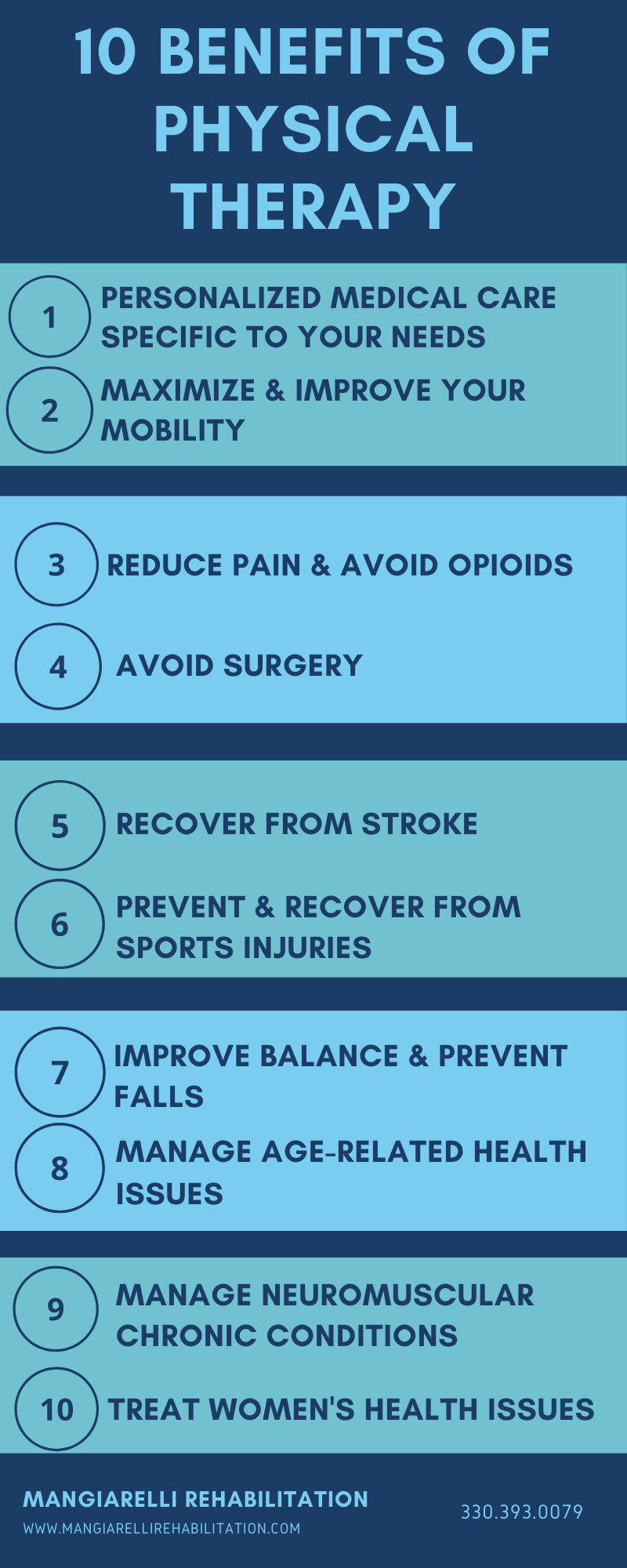An Unbiased View of Narconon Africa
An Unbiased View of Narconon Africa
Blog Article
A Biased View of Narconon Africa
Table of ContentsThe Single Strategy To Use For Narconon AfricaHow Narconon Africa can Save You Time, Stress, and Money.Narconon Africa Can Be Fun For EveryoneNarconon Africa for BeginnersMore About Narconon AfricaSome Known Incorrect Statements About Narconon Africa 4 Easy Facts About Narconon Africa Shown
In a collection of documents with Manudeep Bhuller and Katrine V. Lken, we get rid of these information obstacles and the nonrandomness of jail time, providing brand-new understandings right into how incarceration impacts relapse, employment, children, and criminal networks - Addiction recovery. Number 1 Our work researches the impacts of imprisonment in Norway, a setup with two vital benefitsWe can better connect this information to other household members, consisting of kids and brother or sisters. Additionally, we have information on co-offending that permits us to draw up criminal networks for observed crimes. Second, we can leverage the random project of criminal situations to courts who differ in their tendencies to send offenders to prison.
Some courts send accuseds to jail at a high rate, while others are a lot more tolerant. We determine a court's stringency as the average incarceration price for all other instances a judge takes care of, after regulating for court and year set results, which is the level of random project. This quasi-random task of judge stringency can be utilized as a tool for incarceration, as it strongly forecasts the judge's decision in the existing situation, however is uncorrelated with other situation qualities both by layout and empirically.
The 5-Minute Rule for Narconon Africa
Attributes of detainees, including demographics and criminal activity classifications, are extensively similar in Norway and other countries, including the United States, with the exceptions that the US murder rate is much greater, and race plays a bigger role there. What attracts attention as various, especially contrasted with the USA, is the jail system.
Figure 2In Norway, the average time invested in prison is a little over six months, which is similar to most various other Western European countries. This contrasts with average US prison time of almost three years, which is in large component the reason the United States is an outlier in its imprisonment price contrasted with the remainder of the globe [Number 1]
The Definitive Guide to Narconon Africa
This provides much even more separation between minor and hardened offenders than exists in the United States. There is no congestion in Norwegian prisons and much better personal safety and security, with each detainee being assigned to their own cell and a higher inmate-to-staff ratio than in the United States (https://www.bark.com/en/za/company/narconon-africa/ROORl/). Jails in Norway additionally provide well-funded education, medicine therapy, mental health, and task training programs
Our research on the impacts of incarceration on the wrongdoer, making use of the arbitrary project of judges as a tool, returns 3 vital searchings for. Jail time prevents better criminal habits. We discover that incarceration decreases the possibility that an individual will reoffend within five years by 27 percentage factors and lowers the matching number of criminal fees per person by 10 costs.
Not known Factual Statements About Narconon Africa
We discover sizable declines in reoffending chances and advancing billed crimes also after defendants are released from prison. Our 2nd outcome is that prejudice because of option on unobservable individual characteristics, if ignored, causes the wrong verdict that time invested in jail is criminogenic. If we just contrast criminal accuseds sentenced versus those not sent to prison, we find favorable organizations between incarceration and succeeding criminal offense.
This stands in contrast to our evaluation based on the arbitrary job of judges, which finds an opposite-signed result. Third, the decrease in criminal activity is driven by individuals that were not functioning prior to imprisonment. Among these individuals, jail time increases involvement in programs directed at improving employability and lowering regression, and this eventually elevates work and earnings while dissuading criminal actions.

Jail time triggers a 34 portion point boost in participation in work training programs for the formerly nonemployed, and within five years their employment rate boosts by 40 percentage points. At the same time, the chance of reoffending within 5 years is reduced by 46 percent points, and there is a decline of 22 in the average variety of criminal costs.
About Narconon Africa

A plausible description for the difference is that Norway's prison system varies noticeably, both in terms of prison-term size and prison conditions, from the US prison system. While comprehending the results of incarceration on the culprit is a vital very first step, catching spillover impacts is also Overcoming addiction crucial for examining criminal justice plan and developing efficient jail systems.
Unknown Facts About Narconon Africa

Regular least squares estimates reveal that children of incarcerated daddies are 1 portion point most likely to be charged with a criminal offense, relative to a mean of 13 percent, and show no effect on school qualities. Using our court stringency instrument, we locate no analytical evidence that a dad's incarceration affects a youngster's very own criminal activity or institution qualities, however we are unable to rule out modest-sized impacts.
A Biased View of Narconon Africa
We specify criminal groups based upon network links to previous criminal situations. Our evaluation yields 3 major findings. First, when a criminal network participant is put behind bars, their peers' chance of being billed with a future crime decreases by 51 portion factors over the next four years. Similarly, having an older sibling incarcerated lowers the likelihood his younger bro will be billed with a criminal offense by 32 percentage points over the following four years.
Report this page